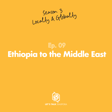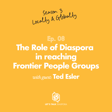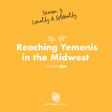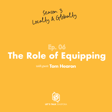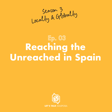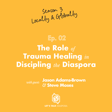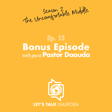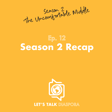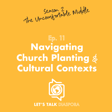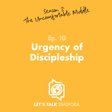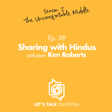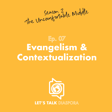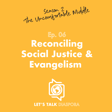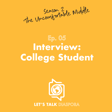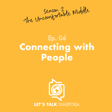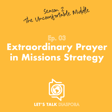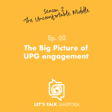
Sharing with Muslims with Fouad Masri
The podcast episode features an interview with Fouad Masri, the founder of Crescent Project, an organization focused on building transformational relationships between Muslims and Christians. Fouad shares insights about sharing the Christian faith with Muslims, breaking misconceptions, and practicing effective contextualization. The discussion delves into the importance of understanding cultural differences and the diverse backgrounds within the Muslim community.
Fouad emphasizes that Muslims are not a monolithic group, with differences in ethnicities, beliefs, and levels of religiosity. He dispels the misconception that Muslims are uninterested in Christianity, citing that more Muslims have become believers in the past two decades than in the previous 1,400 years. Dreams, visions, and relationships with practicing believers are catalysts for this transformation.
The concept of contextualization is explored, highlighting the need to adapt the gospel message while keeping its core intact. Fouad suggests that contextualization is not a formula but a process that requires sensitivity to individuals' backgrounds and cultures. He shares practical tips for initiating conversations, focusing on the message of Jesus, and emphasizing the fruit of changed lives.
The podcast also discusses Fouad's recent book, "Sharing Jesus with Muslims: A Step-by-Step Guide," which offers practical advice for engaging with Muslims in meaningful conversations. The book encourages believers to focus on the message rather than specific cultural differences.
Throughout the episode, the importance of building relationships and following the guidance of the Holy Spirit is underscored. Stories of individuals encountering Jesus through dreams and visions are shared as examples of God's work in the lives of Muslims. The conversation concludes by affirming the need for more messengers—Christians willing to engage with Muslims and share the transformative message of Jesus.
Resources:
Fouad's Books and other resources
Seeking Allah, Finding Jesus: A Devout Muslim Encounters Christianity by Nabeel Qureshi
Hope Conference (Sept 13, 2023)
